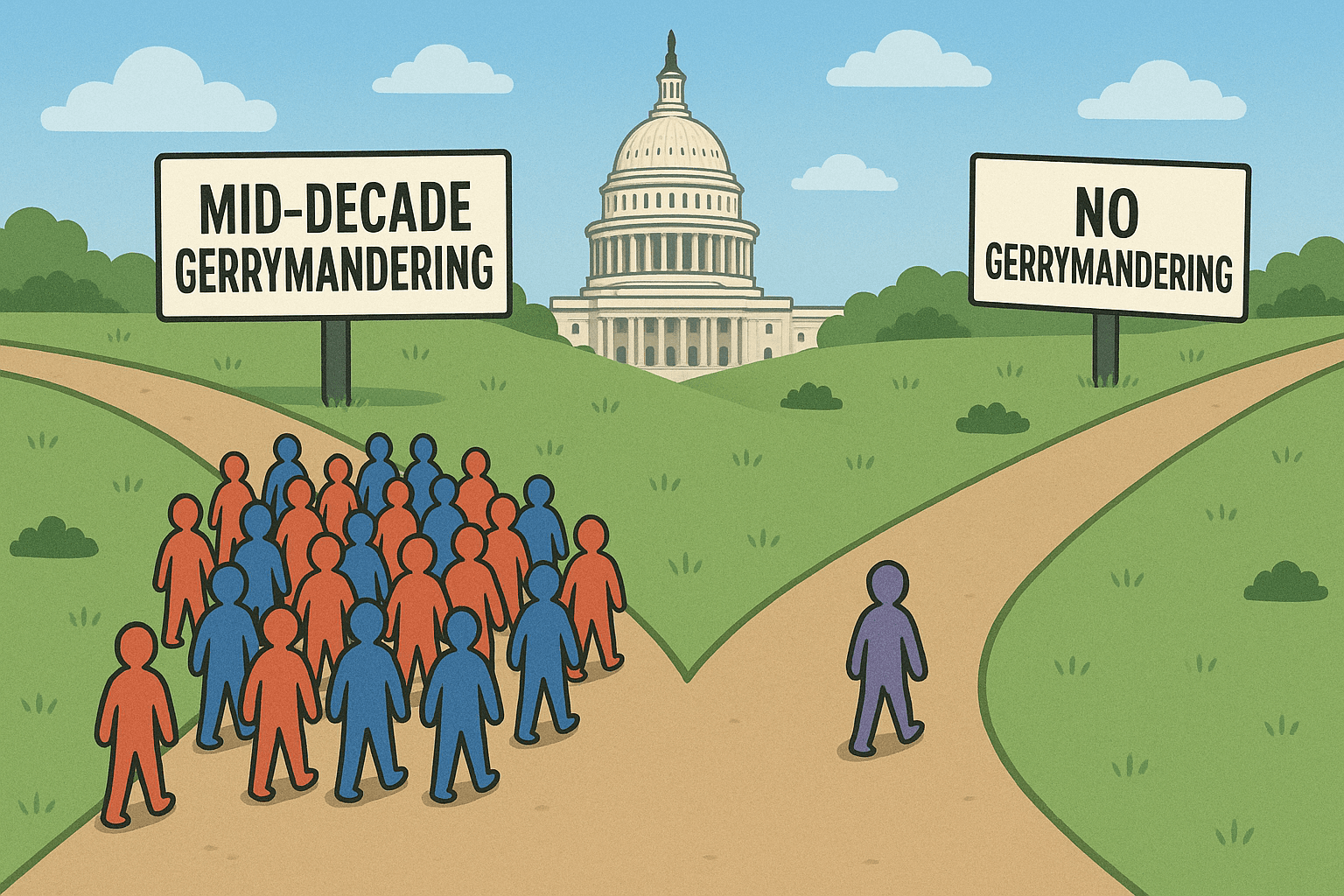Eleventh Hour SCOTUS Decision Allows Ohio to Cut Early Voting Days

Without issuing an actual opinion on the law itself, the Supreme Court of the United States on Monday granted an application to stay a district court's ruling that would have blocked controversial early voting legislation in Ohio. The law in question, passed by a Republican-controlled legislature and signed into law by Republican Governor John Kasich, cuts early voting by a week, from 35 days to 28 days.
The 5-4 split is one people who follow the Supreme Court have grown accustomed to under Roberts' court, especially on matters pertaining to voting rights and voters' access to the ballot. The 5 Republican-appointed justices agreed to place a stay on the lower court's preliminary injunction, which would have blocked Ohio from implementing the new law in the 2014 elections. The 4 Democratic-appointed justices dissented without commenting further on the matter.
"We are gratified the United States Supreme Court has allowed Ohio’s early voting law to stand," Ohio Secretary of State Jon Husted (R) said in a statement.
"I plan to implement state law and the voting schedule established by Democrats and Republicans at the local level, meaning Ohioans will have 28 days of early voting, including two Saturdays and a Sunday. Ohioans can have confidence that it remains easy to vote and hard to cheat in our state."
The Supreme Court made its decision 16 hours before early voting was originally scheduled to begin in Ohio. With the district court's preliminary injunction in place, early voting would have begun at 8 a.m. on Tuesday, September 30.
Whether Ohio allows early voting for 35 days or 28 days, it is still higher than the 33-state (states that allow early voting) average -- currently at 22 days, according to the National Conference of State Legislatures. Still, it is hard to make a legitimate argument for reducing early voting days without revealing partisan intentions.
Many federal courts have ruled that new voting laws and election reforms should enhance voting rights protected in the U.S. Constitution, which includes access to the ballot. If the burden on the state is not severe and there is no real justification for the law, there is no reason for the law to exist nor for a federal court to uphold it.
Ohio is currently a major battleground for any issue pertaining to voting rights and ballot access for voters and candidates -- not a surprise since it is also a key battleground state in presidential and statewide elections.
Early voting in Ohio will now begin on October 7.
Photo Source: AP



